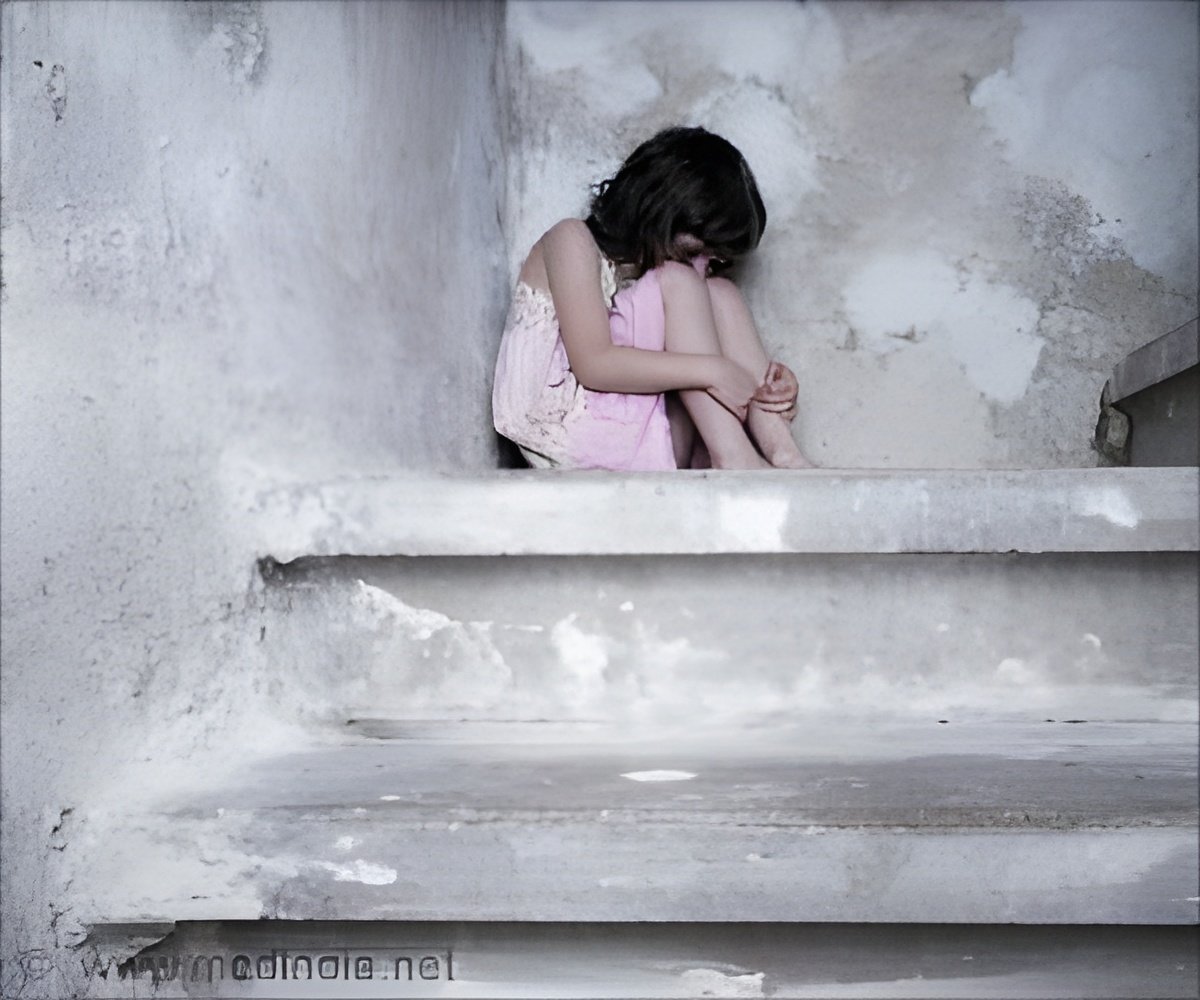Almost one-third of adults in Canada have experienced child abuse such as physical abuse, sexual abuse or exposure to intimate partner violence in their home and related mental disorder.

Although the link between child abuse and mental health is known, in Canada there is a lack of recent, comprehensive information on the prevalence of child abuse and the link between different types of abuse and mental conditions in adults. This article in CMAJ is the first nationally representative study on child abuse and mental disorders in Canada.
Researchers looked at data from 23 395 people from across Canada who participated in the 2012 Canadian Community Health Survey: Mental Health. The participants were 18 years or older and were representative of people living in the 10 provinces. The study excluded residents in the three territories, residents in indigenous communities, full-time members of the Canadian Forces and people living in institutions.
According to the study, 32% of adult Canadians experienced child abuse, with physical abuse the most common (26%), followed by sexual abuse (10%) and exposure to intimate partner violence (8%). Men were more likely to have been physically abused (31% v. 21% in women) and had a higher rate of any abuse (34% v. 30%). Sexual abuse was more common in women (14% v. 6% in men) as was exposure to intimate partner violence (9% v. 7%) as children. People between 35 and 64 years of age were more likely than those aged 18 to 34 years to report having been abused as a child.
"All 3 types of child abuse were associated with all types of interview-diagnosed mental disorders, self-reported mental conditions, suicide ideation [thoughts of suicide] and suicide attempts in models adjusting for sociodemographic variables," write the authors.
Drug abuse or dependence, suicidal thoughts and suicide attempts remained associated with all types of child abuse even in the most adjusted models. The least severe type of physical abuse (being slapped on the face, head or ears or hit or spanked with something hard) showed a strong association with all mental conditions in models adjusting for sociodemographic variables. Exposure to more than one type of abuse increased the odds of having a mental condition. Canada's western provinces had the highest rates of child abuse, with Manitoba first (40%), followed by British Columbia and Alberta (36%). Newfoundland and Labrador had the lowest rates of abuse at 21%.
Advertisement
Advertisement












